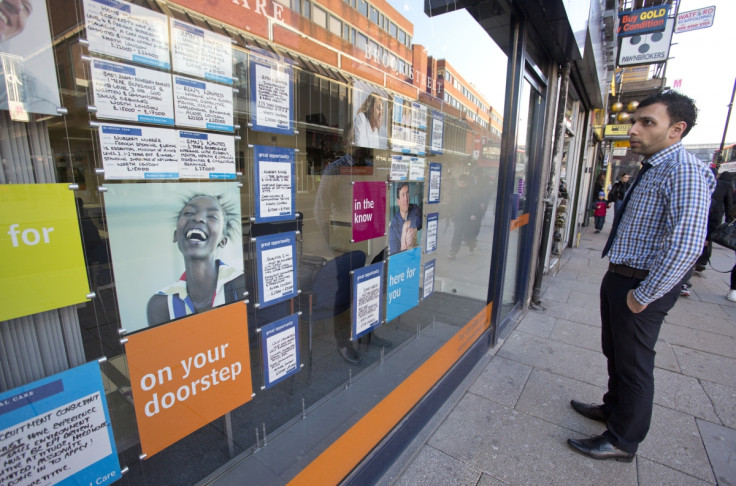UK's Tightening Labour Market Will Push Wages Higher

The UK's labour market is continuing to tighten as a shortfall of prospective workers is likely to push real wages up, according to the Office for National Statistics.
The official research body's analysis found that both the UK's headline unemployment and inactivity rates have fallen relatively sharply in recent quarters.
The unemployment rate among those aged 16 and above fell from 8.2% in the three months to March 2012, to 7.8% in the three months to March 2013 and has since fallen a further percentage point to 6.8% in the three months to March.
The ONS explained that this mean there is less spare capacity in the country's labour market as more and more people find work.
It estimated that British firms will face growing competition for scarce labour inputs which in turn is likely to raise wage pressures.
The research body's research found that greater tightness in the labour market is associated with stronger real wage growth, suggesting that labour market tightness may be an important element in wage negotiations.
The figures come after the Bank of England (BoE) said it would consider an interest rate rise if the UK's unemployment rate hit 7%.
But the central bank changed its approach after the jobless rate fell to the "trigger" level, explaining that it would look at a wider range of data before discussing an interest rate rise.
The country's interest rates have remained historically low at 0.5% for the last five years.
© Copyright IBTimes 2024. All rights reserved.







